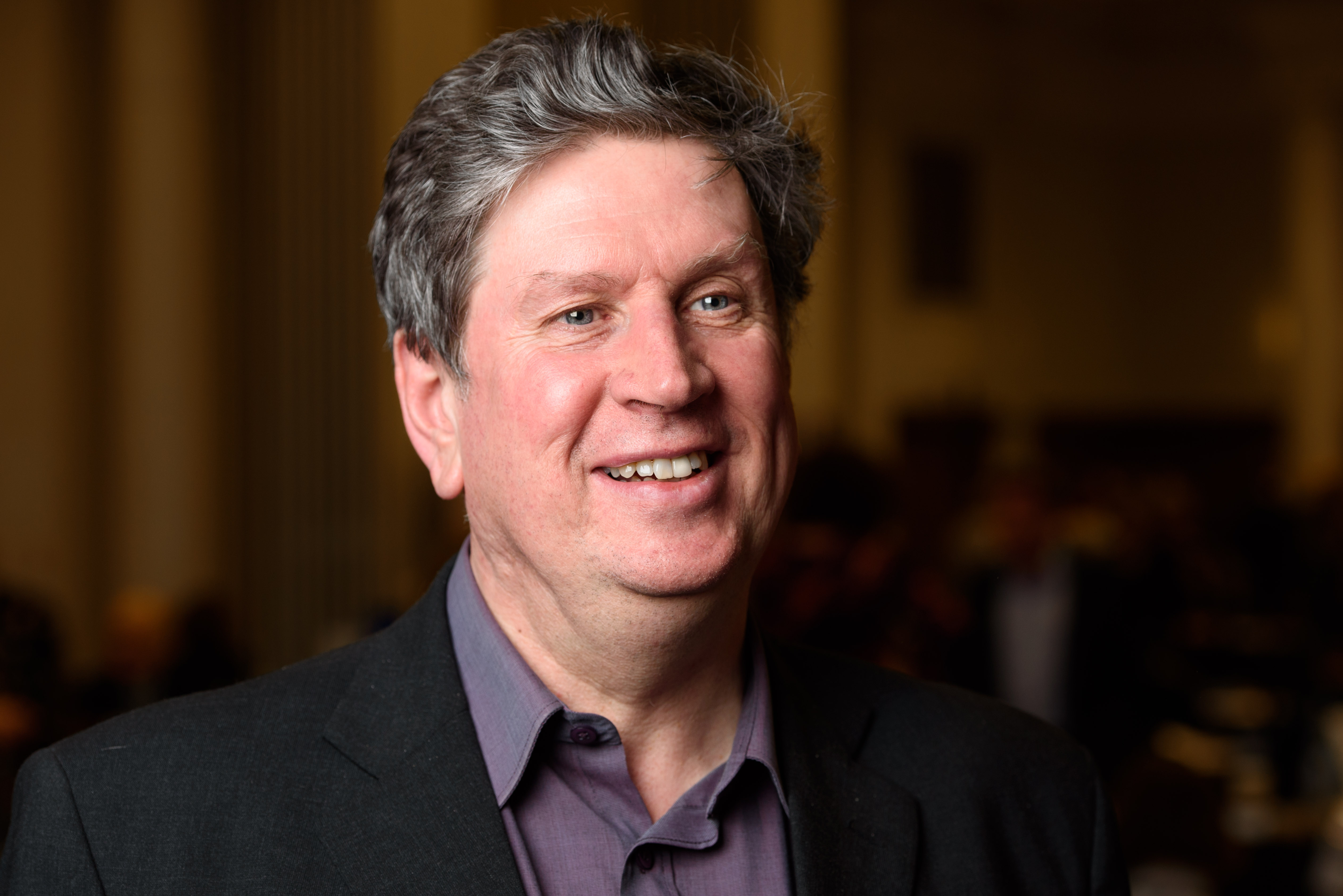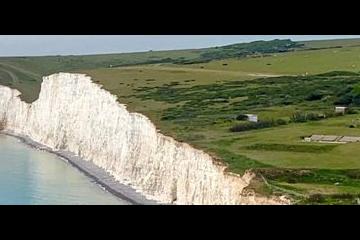The working class theatre movement offered new opportunities to present subjects unlikely to be seen in the West End.
The theatre of the 1930s reflected the turbulent, changing society between the wars. While the West End had the wit and escapism of Noël Coward and Ivor Novello and the great public packed Variety theatres there was also a new theatre movement created by the legacy of WW1. The working class theatre movement in England personified by Unity Theatre in London and Joan Littlewood and Ewan McColl’s Theatre Workshop offered new opportunities for writers and actors and explored new forms of presenting plays and writing about subjects that were unlikely to be seen in the West End.
THE ARTS SOCIETY ACCREDITED LECTURER

Mr Malcolm Jones
Malcolm has lectured on the Victoria & Albert Museum Short Course and Year Course Programmes since 2009, devising and developing a range of courses on Theatre History and Practice. He also lectures on theatre for Road Scholar and London Arts Discovery Tours for theatre groups visiting the UK from America.
Malcolm was Workshop and Events manager at the V&A Theatre Museum in Covent Garden for 10 years where he was responsible for lectures, Study Days and workshops for adults and interviewed many leading British actors and directors including Kenneth Cranham, Zoe Wanamaker, Barry Cryer, June Whitfield and Don Black. He has lectured and led workshops at many drama schools including RADA, The Actors Centre and Rose Bruford College. He has chaired panels and post show talks for Ambassadors Theatre Group. Malcolm has contributed as a speaker on theatre to many television and radio programmes. He has worked with Age Exchange Community Arts since 2000 on many creative arts programmes with older people and intergenerational film and theatre projects.
OTHER EVENTS
Watts Gallery - Artists' village is a vibrant cultural hub devoted to the life and work of George Frederic Watts and his wife Mary
This lecture will examine Holst’s fascinating life, the background to “The Planets” and many of his other works.




